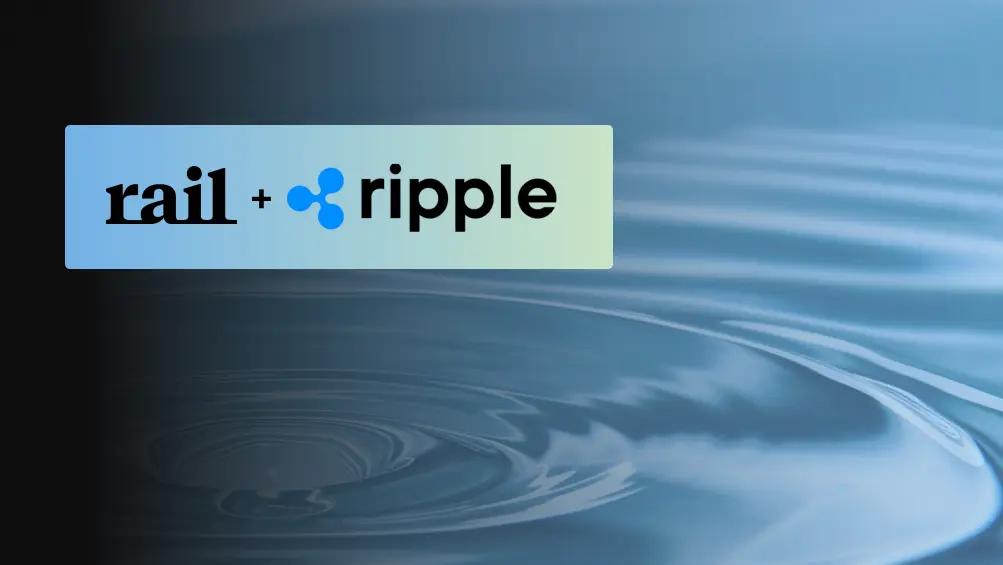- Ripple’s $200M Rail deal may accelerate its US bank ambitions.
- Expert links Rail acquisition timing to Ripple’s federal charter goals.
- Rail takeover boosts Ripple’s licensing strength for banking expansion plans.
Ripple’s $200 million acquisition of fintech firm Rail is being linked to its ambitions for a US bank charter. The move comes just as the company ended its years-long legal battle with the US Securities and Exchange Commission.
According to attorney Bill Morgan, the timing of the announcement may be strategic. He proposed that this merger would make Ripple more potent in its pursuit of a national bank charter and a Federal Reserve master account.
Ripple has already acquired approximately 55 money transmitter licenses in 33 US states, a New York BitLicense, a NYDFS trust charter, and various international permits. The acquisition of Rail will bring on board more regulatory approvals to its network of compliance.
Morgan compared Custodia Bank, which functions under only one Wyoming SPDI license, to Ripple, claiming that Ripple has a stronger licensing network, which could give it a winning advantage in federal banking authorization.
The licensing strength of Ripple was also outlined as one of the most significant advantages of obtaining a Fed master account by Elon Musk, the Grok AI tool.
Also Read: Cardano Forms Rare Golden Cross as Price Targets $1 Amid Crypto Market Rally
Strategic Move Toward Stablecoin Payment Growth
Ripple confirmed that Rail’s virtual account systems and automated back-office solutions will be integrated into its global payment network. According to a statement by Ripple President Monica Long, the acquisition will help fast-track the adoption and innovation of stablecoins in cross-border payments.
Rail CEO Bhanu Kohli revealed that the company is likely to handle more than 10 percent of the 36 billion global B2B stablecoin payments in 2022. This will put Ripple in a better position to take a bigger piece of the stablecoin payment market and boost its regulated infrastructure.
Nevertheless, Custodia Bank CEO Caitlin Long criticized Ripple and the XRP Ledger. She asserted that banks are still wary of XRPL and its perceived centralization and doubted its ability to challenge SWIFT.
Long stated that the emphasis that Ripple has placed on a bank charter and the issuance of stablecoins indicates the constraints of XRPL as a worldwide settlement system.
Ripple CTO David Schwartz replied by offering Long a public debate about Ripple, RLUSD, XRPL, and XRP. His comments indicate that the firm is willing to respond to criticisms as it continues to enter into the regulated banking arena.
Conclusion
With its SEC case resolved and Rail’s licenses now in its arsenal, Ripple is positioned to advance its push for a US bank charter and expand its role in stablecoin-powered payments.
Also Read: Prominent Analyst Reveals When the Real XRP FOMO Will Start as Price Rockets
